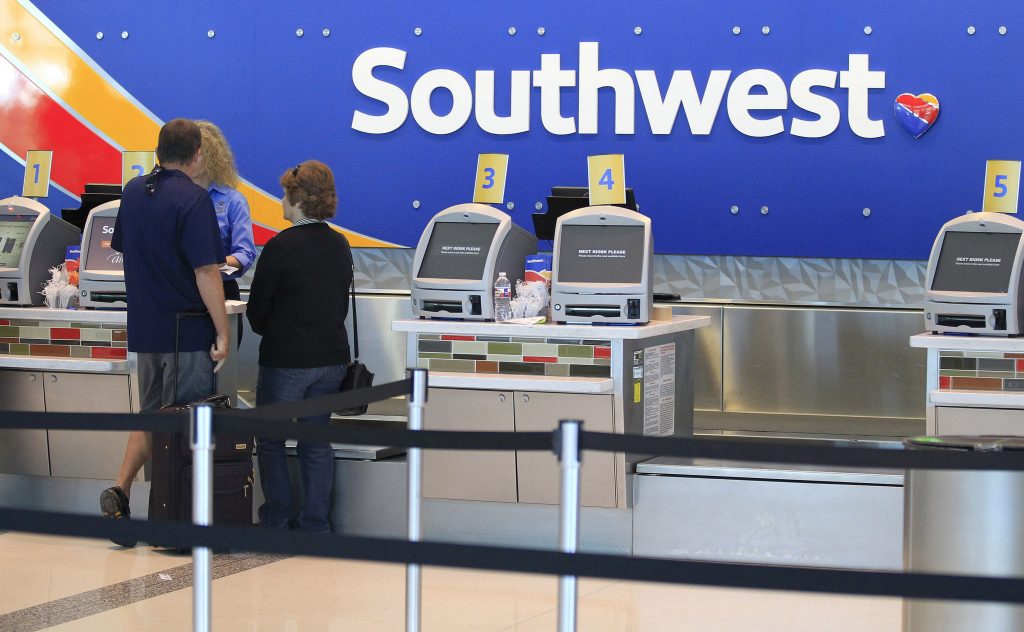Believe it or not, travel agents aren’t in competition with online travel agency megasites like Travelocity, Trip Advisor, Booking.com, Expedia, Priceline and others?
Many people who aren’t fully aware of the travel industry methods of operation often have doubts and start the business opportunity Q&A session with the objection of people don’t use travel agents anymore. They will just use Expedia, Travelocity or some other website and I can’t compete with their prices. In reality there are many ways in which travel agents have an edge over online travel website, with the ability to save travelers TONS of time (and money) on their vacations.
People Spend Way Too Much Time Online Trying to Plan Their Travel
In 2016 Expedia published an article entitled, “The American Traveler’s Path to purchase” and documented that American travelers spend an aggregate 8.7 BILLION minutes of their time travel planning and booking every year. Seems crazy right?

From beginning of their trip research process to the time of purchase—customers visited a over 140 travel websites. No seriously, that is a not a typo.
Thats almost 24 hours of online travel research.
According to the Bureau of Labor Statistic, the average hourly wage in the U.S. was $26.39/hr 1 in 2017, which means that it costs travelers $605.65 of work time to plan and book their vacations.
How Online Travel Sites Work and Why They Don’t Save Travelers Money
The $600+ in time savings you would have gotten from using a travel agent only scratches at the surface. There are many other ways a travel agent saves a client money.
1. ONLINE TRAVEL SITES HAVE LIMITED INVENTORY
Online travel sites used to rely on lots of off-peak inventory that hotels and resorts couldnt move or empty airplane seats to offer discounts, and it worked. Hotels would dump their excess inventory on these sites for to get reservations with the attitude of something is better than nothing.

Eventually there was a huge rise in the number of online website and hotels and resorts got wise and started putting rules in place for the sites so they couldnt always undercut the price the hotel was already offering themselves. Some vendors (like Southwest) even refused to sell their inventory on big online travel sites.
You see travel agents dont have to raise the price of a booking to make money, they earn commissions for the booking itself, it’s the vendors that price the products—not the online travel websites. They can’t lower the price below whats reasonable and most travel agencies can prices match anyway.
Travel agents will find you the best bang for your buck and present you with a full range of available travel options. Travel agents not only have access to products and pricing, but they also have the savvy to know the nitty gritty of things like which airlines offer more spacious seating seating or provide a better beverage service for the same price.
2. PRICE DISCRIMINATION AND “STEERING”
According to the same Wired article above, the OTAs pricing would shift constantly due to supply and demand. This means that customers could potentially be directed to sites that weren’t the best deals, depending on the quantity demanded while the traveler books their trip, trying to create a false sense of urgency for travelers to book with warnings like, “2 rooms left at this price?”
OTAs with their Big-Brother-like technology know when and how a traveler is booking. So if a traveler is attempting to book a hotel on a mobile phone the same evening of their desired reservation date, the OTA’s magic algorithm will smell their desperation and potentially steer the customer to a more expensive booking.

Price discrimination comes into play when they charge different consumers different prices for the same product (which is illegal). According to the Wired article, at one point, “Orbitz was steering Apple OSX users, for example, to more expensive hotels, since the algorithm assumed that an Apple user was more affluent than a PC user.”

Agents don’t, and can’t, do that. There is a level of price stability when purchasing from travel agent—who can put holds on tickets and packages to preserve the price until the end of the day or for 24 hours.
3. FINE PRINT
Surprise! There are taxes and fees that might sneak up on the purchaser when they get to the checkout of a online travel website. With travel agents, the full cost to clients is transparent at the time they are quoted the price. (Enough said!)
4. GROUP BOOKINGS
Travel agents can especially save money for clients traveling in groups. “Travel websites will only show the lowest fare available for four tickets. But an agent might be able to find three seats at a fare hundreds of dollars less, with savings into the thousands of dollars.”

Travel agents are not governed by computer algorithms and have the experience and ability to analyze the options in front of them, filtering through them quickly in order to build group packages that maximize value and save money for their clients. Yet another reason to use a travel agent vs. booking online.
A travel agent saves the traveler, on average, $452 per trip in costs.
So if you count money and time, that brings our savings to $1,050+.
Customer Service and Client Satisfaction
Travel agents save clients money, but really it goes so much more beyond that. Travel agents also create high-value travel over online websites because (the living, breathing, talented humans that they are) are able to advocate for clients when things go wrong on their trip.
There are countless stories of travel agents service going above and beyond anything you get from a website like the one who pulled her bride out of a hurricane-riddled Cancun to get her, the groom and guest safely back home, and rebooked the 70 other guests for the following month. Or the agent who coordinated with her BDM to have her client’s father, a 90 year old retired colonel, celebrated and honored for his service on his last cruise with his family.
What can a website do for a traveler who is unhappy with a hotel room, let alone stuck in the middle of a natural disaster? The answer, not a whole lot, if anything at all.
Travel agents are able leverage their relationships with vendors in order to provide the best customer service possible to travelers. So not only will the traveler save money, but they can travel with the peace of mind that a travel agent can help them out in a bind if they transfer hotels, switch rooms, or re-book a flight.
In the same ASTA study referenced earlier, it was documented that “63% of consumers polled said using an agent makes their overall trip experience better.” So not only will travel agents save travelers time, money and stress during the planning and booking process—they’ll also help create a more satisfying and relaxing travel experience during the trip itself . . . and that, my friend, is entire purpose of a vacation.
